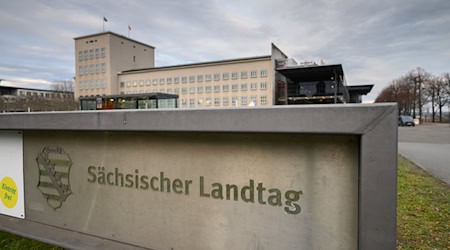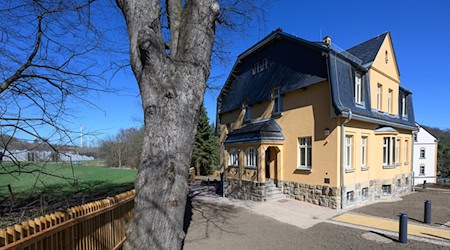Threats, insults and anonymous accusations: Saxon mayors and other local politicians are feeling increasingly under pressure and paralyzed in their work. Social Affairs Minister Petra Köpping (SPD) urged in a discussion with those affected in Dresden to put a stop to this development. What is happening here is destroying democracy. Some citizens, but also local councillors, are trying to paralyze the work of local politicians with a plethora of complaints, reports or petitions. "People want the administrations to be unable to work. This is a development that is more than dangerous," said Köpping.
Administrative law expert Helmut Schwarz sees this as a problem throughout Germany. Complaints and petitions are legal legal remedies. However, they should not be abused. The real problem is the brutalization in society, he emphasized.
Call for social cohesion
Köpping, who is also responsible for social cohesion with her ministry, called on civil society to take action. "If we accept this, it will get worse." A sense of togetherness is needed. Mayors are often left to their own devices. If they no longer received support, they would withdraw. "That's the worst thing that can happen." Those affected feel abandoned. Köpping reports on a district council in Saxony where the members of parliament no longer dared to go through the front entrance to the council meeting. "That can't be our future." The issue must be put on the table at all ministries. Legal changes are also needed.
Köpping had met with four town leaders who were personally affected by hostility. The former mayor of Arnsdorf, Martina Angermann (SPD), had applied for early retirement in 2019 after months of agitation. The politician had hit the headlines in 2016. Back then, four men had tied a mentally ill refugee from Iraq to a tree in Arnsdorf with cable ties and presented their actions as self-defense. Angermann condemned the act and thus became an enemy himself. "We set out to create something in the communities," said Angermann. However, she was gradually and insidiously attacked.
In the beginning, she didn't even realize that there was a strategy behind it, Angermann described her experiences. She then spent most of her time dealing with these things and was no longer able to devote herself fully to public affairs. "That creates an inner dissatisfaction and inner restlessness." A single official complaint led to the administration having to pore over files for two months. She later feared for her life and suffered from burnout. She was also plagued by anxiety and depression.
More reports of threats
The mayor of Pulsnitz, Barbara Lüke, and the mayor of Weißwasser, Torsten Pötzsch (both non-partisan), also reported hostility and threats. Lüke had written a letter to Saxony's Interior Minister Armin Schuster (CDU) with the following title: "Support for mayors in threatening situations and situations where democracy is at risk."
Mayors are the lowest political level and are the first to notice when democracy is at risk, said Lüke, noting an "anti-democratic mood" in parts of the population. Among other things, she was confronted with an official complaint for allegedly violating the duty of neutrality. "That paralyzes you, many then give up - councillors as well as mayors." In the meantime, there is often only one candidate in mayoral elections.
Defamation and withdrawal from politics
Thomas Zschornak was mayor of Nebelschütz - a model municipality in the district of Bautzen - for the CDU for 32 years. In 2022, he was defamed and accused anonymously on a website. He described how the behavior in the municipal council had changed in recent years. Initially, decisions were made unanimously, he said, but things are now very loud there. Zschornack was worn down with 30 complaints from the supervisory authorities.
False information about Torsten Pötzsch's family relationships was deliberately spread about him in Weißwasser. Death threats landed in his letterbox and the wheel nuts on his car were loosened. Pötzsch said that the developments had affected his health. He will no longer be standing in the mayoral election in September.
Copyright 2024, dpa (www.dpa.de). All rights reserved










